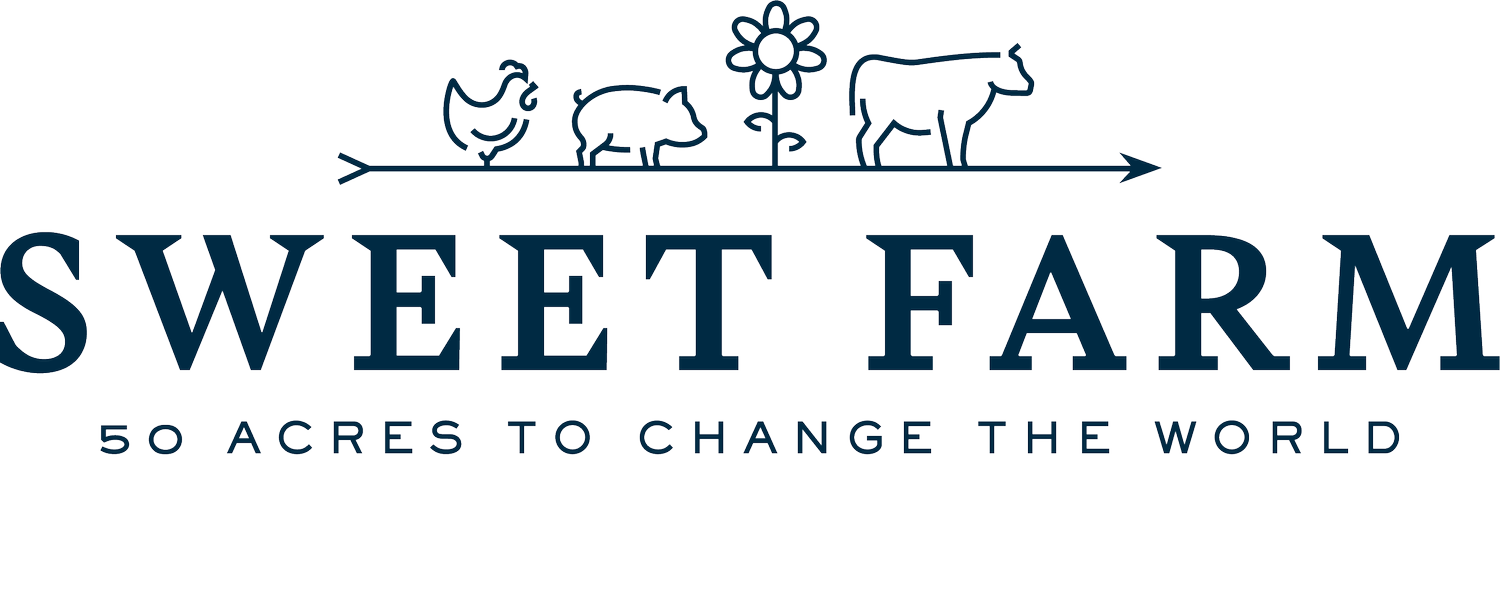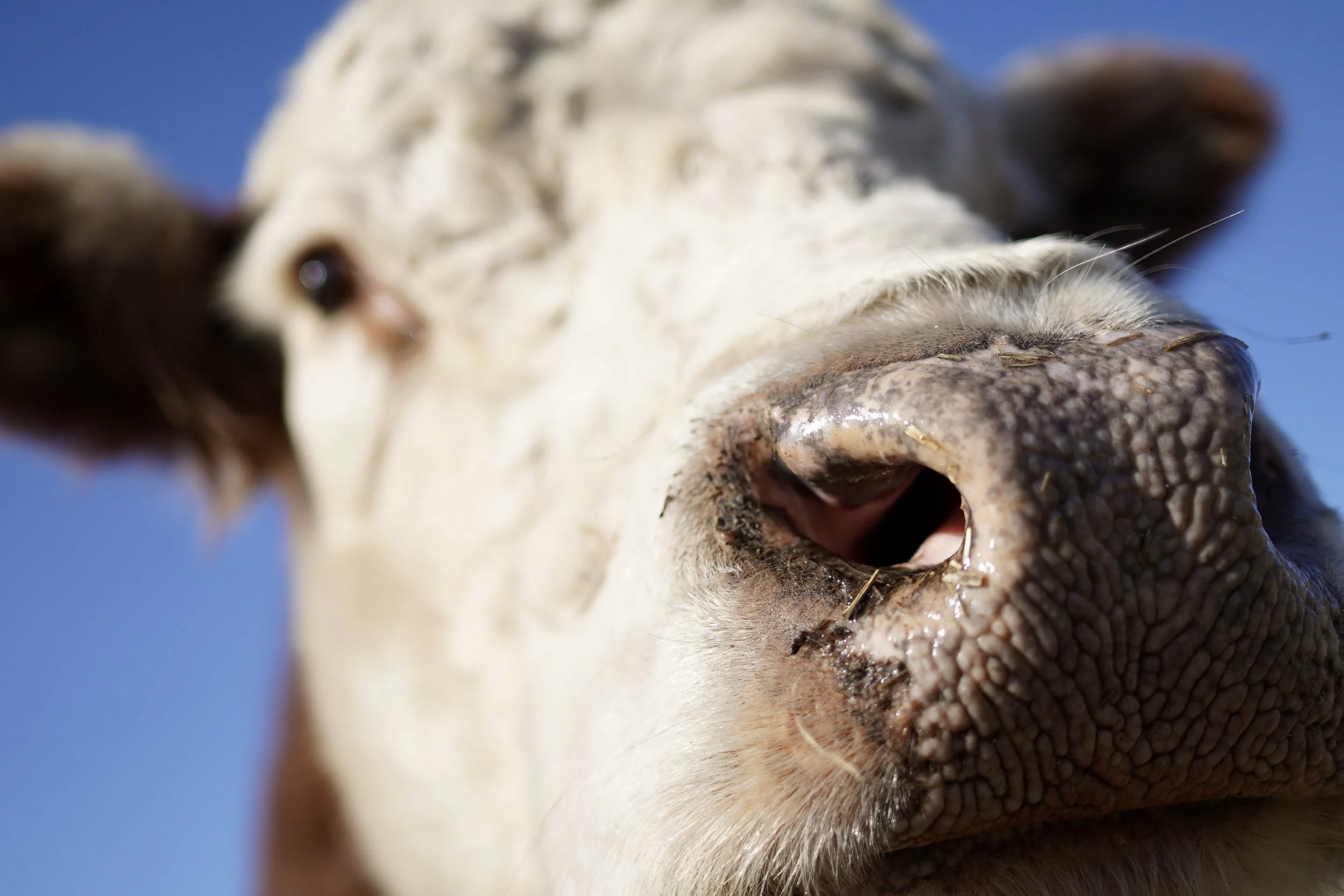Climate Tech Accelerator: TurtleTree
Sweet Farm was originally founded in 2016, beginning it's life as a farm animal sanctuary. But it became clear almost immediately that our food and climate systems are so deeply intertwined that it was impossible to tell just one part of the story. Founded in the San Francisco Bay Area, Sweet Farm started getting outreach from incredible technology companies focused on highly scalable technologies that could positively impact the climate, that were looking for partners who were mission aligned and able to support them in their growth. As one of the few non-profits in the area with available farm land, an in-house technical team, and a focus on the climate, the Sweet Farm Technology Program was an obvious next step. Since 2017, we’ve supported companies with space for field trials, assistance in finding investment and strategic partnerships, and advisor services as their companies and technologies scale. Sweet Farm Climate Tech Partners have now raised over $600M in investment toward a climate positive future.
Introducing TurtleTree
For most mammals, life starts with milk. About 10,000 years ago, we discovered that we could harvest the milk of other species as a convenient, nutrient-rich food source. In the 20th century, innovations in pasteurization, refrigeration, and the manufacturing of powdered, or dried, milk led to milk products becoming a household staple.
Unfortunately, livestock farming is responsible for more greenhouse gas emissions than any other food sector source. According to the Food and Agriculture Organization of the United Nations, milk production globally increased by 30 percent between 2005 and 2015. Dairy is responsible for 2.9 percent of total human-induced greenhouse gas emissions. In addition, dairy production in intensive farming systems pollutes air and water and contributes heavily to soil degradation and deforestation.
One of Sweet Farm's Climate Technology Accelerator partners, is aiming to change all that. Based in Woodland, California, TurtleTree is on a mission to provide sustainable, cruelty-free dairy and infant nutrition products. Their approach involves using alternative methods to produce food that can nourish the planet.
Contained within milk are bioactive components that are highly functional and beneficial for all mammals, from babies to adults. For example, Lactoferrin (a key component in milk) has been proven to strengthen the immune system, improve gut health and benefit brain development.
But if the world is going to continue consuming dairy, we must radically change the way it's produced. And that's where TurtleTree comes in. TurtleTree’s scientists are using the 9,000 year old process of fermentation, and evolving it to precisely and efficiently produce lactoferrin. That means real dairy products, with all the key components, without any animals involved.
We're excited to share that in November 2023, TurtleTree obtained the world’s first self-GRAS status (generally recognized as safe) by the FDA for a precision fermentation-derived lactoferrin. This status confirms that TurtleTree’s animal-free lactoferrin is safe for human consumption, allowing the company to commercialize it in the USA. Coming soon, you will see LF+ for infant formulas, plant-based dairy, and sports nutrition products, including protein powders, functional beverages, meal replacement alternatives, and multivitamins.
“TurtleTree has been really fortunate to have the support of Sweet Farm right from the beginning. The team has a knack for identifying founders at an early stage that have significant potential. They have been extremely valuable to help us ideate, strategize and think through many of our early decisions.” - Fengru Lin, CEO of TurtleTree
Why This Technology Will Help The Climate
In November 2022, the Institute For Agriculture and Trade Policy reported that greenhouse gas emissions from cows (in the form of methane burps and flatulence), for five of the largest meat corporations and 10 of the largest dairy firms around the world equate to 734 million tons of atmospheric carbon dioxide each year. This is more than the annual emissions of the entirety of Germany. Meanwhile, a study run by University of Michigan scientists found that cell-based food uses 90 percent less water and 99 percent less land than traditional dairy to produce.




